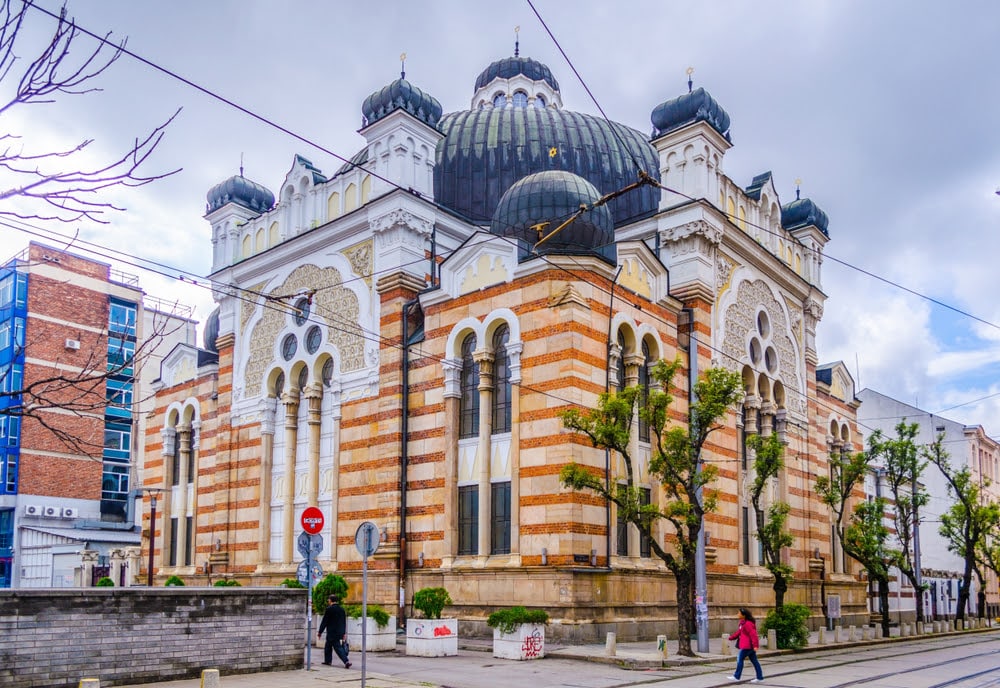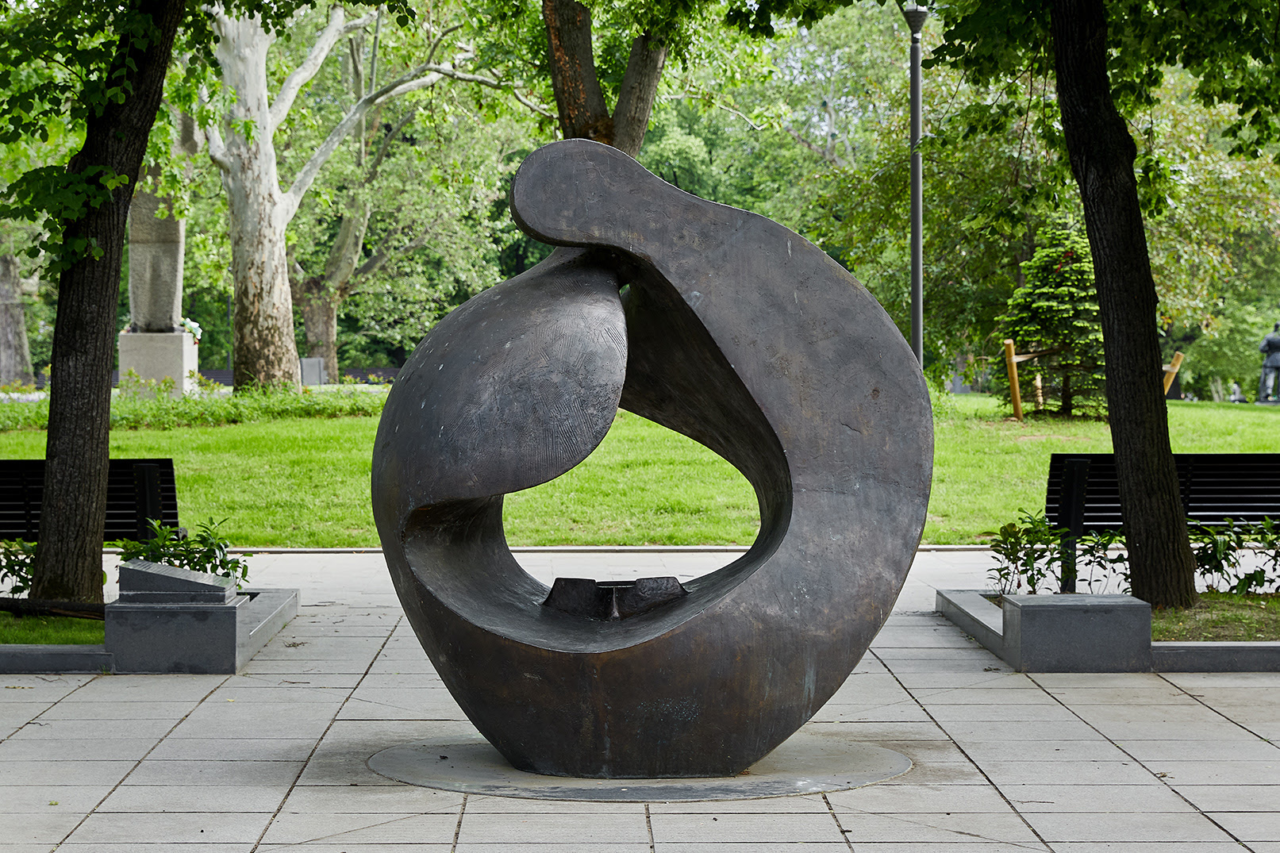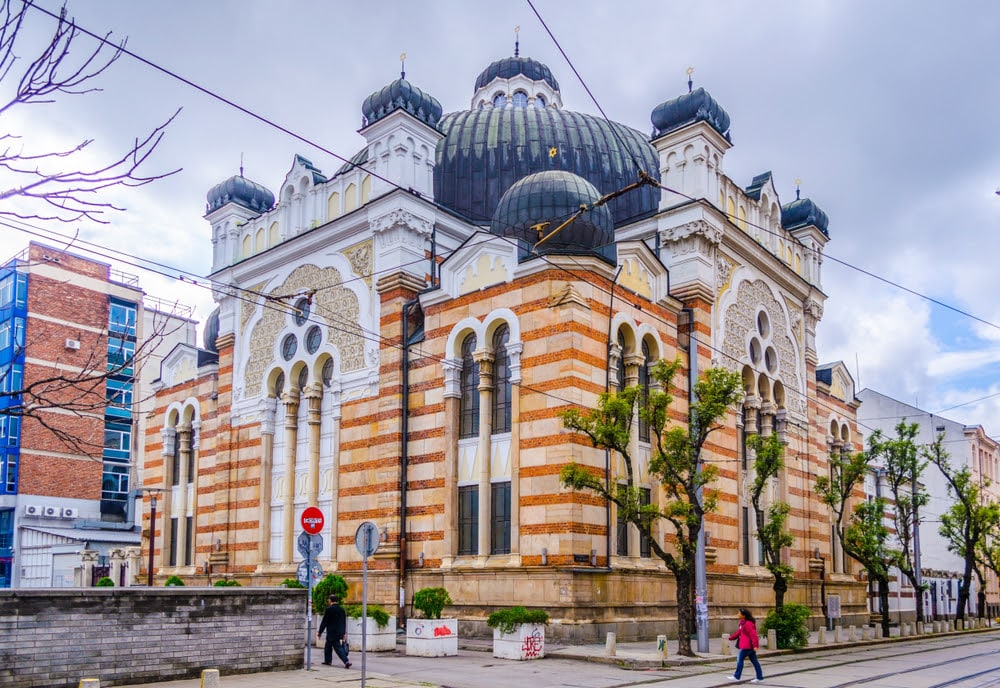
The story of how Bulgaria managed to save nearly its entire Jewish population from deportation and extermination during World War II is a remarkable testament to the power of collective resistance, moral courage, and political maneuvering. Known as the “Rescue of the Bulgarian Jews,” this extraordinary event ensured the survival of approximately 48,000 Jews in the spring of 1943. This feat stands out as one of the most significant acts of defiance against Nazi policies within Axis-controlled Europe.
Bulgaria’s Complex Position in World War II
During World War II, Bulgaria was aligned with Nazi Germany as part of the Axis powers. This alliance was motivated by geopolitical considerations, including territorial aspirations in the Balkans. In exchange for its cooperation, Bulgaria was permitted to occupy parts of Greece and Yugoslavia. However, as part of its obligations, the Bulgarian government adopted several anti-Semitic policies, including the passage of the Law for the Protection of the Nation in 1941, which imposed severe restrictions on Jewish citizens.
By early 1943, the Nazi regime demanded the deportation of Bulgaria’s Jewish population to extermination camps. Adolf Eichmann’s office arranged for the deportation of Jews from both Bulgarian-occupied territories and Bulgaria proper. While 11,000 Jews from the occupied regions of Thrace and Macedonia were tragically deported and murdered in Treblinka, the fate of Bulgaria’s Jewish citizens took a dramatically different turn.

Grassroots Resistance and National Outcry
The attempted deportation of Jews from within Bulgaria proper was met with widespread opposition from various segments of Bulgarian society. Influential figures, including members of parliament, the Bulgarian Orthodox Church, intellectuals, and ordinary citizens, mobilized to prevent the deportations.
1. Political Opposition: Dimitār Pešev, the deputy speaker of the Bulgarian National Assembly, played a pivotal role in opposing the deportations. After learning of the plans, Pešev rallied other politicians and sent a formal letter to the government, condemning the deportations and demanding their cancellation. His actions were instrumental in drawing public and political attention to the issue.
2. Religious Advocacy: The Bulgarian Orthodox Church was another crucial force in the rescue effort. Prominent clergy members, such as Metropolitan Stefan of Sofia and Metropolitan Kiril of Plovdiv, openly protested the deportations. Kiril famously threatened to lie across the railway tracks to prevent trains carrying Jews from leaving. The church’s vocal opposition underscored the moral dimensions of the crisis and further galvanized public resistance.
3. Public Sentiment: Ordinary Bulgarians also expressed their solidarity with their Jewish neighbors. Public demonstrations and petitions against the deportations reflected the broader societal unwillingness to comply with Nazi demands. This unity of purpose created immense pressure on the Bulgarian government to reconsider its actions.
A Strategic Reversal
Facing mounting opposition, Tsar Boris III of Bulgaria and his government ultimately decided to halt the deportations. While their motivations likely included a combination of domestic pressure and strategic concerns about maintaining stability and favor with the Allies, the decision ensured that Bulgaria’s Jewish population was spared.
This reversal is particularly striking given the context of the time. Few other Axis-aligned nations managed to resist Nazi pressure to such an extent, making Bulgaria’s actions a unique chapter in Holocaust history.
The Aftermath and Legacy
The survival rate of Jews in Bulgaria was one of the highest in Axis Europe, with nearly all of Bulgaria’s Jewish citizens avoiding deportation to extermination camps. This outcome has been widely celebrated, though it is tempered by the tragic fate of Jews from the occupied territories of Thrace and Macedonia, who were not spared.
In the post-war years, many Bulgarian Jews immigrated to Israel, where they formed a tight-knit community that continues to honor the memory of their rescue. Within Bulgaria, the actions of figures like Dimitār Pešev and the Bulgarian Orthodox Church remain a source of national pride.

The photo is from the monument dedicated to the Bulgarian Jews in Sofia, Bulgaria
Conclusion
The Rescue of the Bulgarian Jews during World War II demonstrates the profound impact of collective action and moral conviction in the face of systemic evil. While Bulgaria’s alliance with Nazi Germany complicates its wartime history, the courageous efforts of its people to protect their Jewish neighbors stand as a powerful reminder of humanity’s capacity for good, even in the darkest times. This remarkable episode serves as both a testament to the resilience of the Jewish community and a call to remember the importance of standing against injustice.




